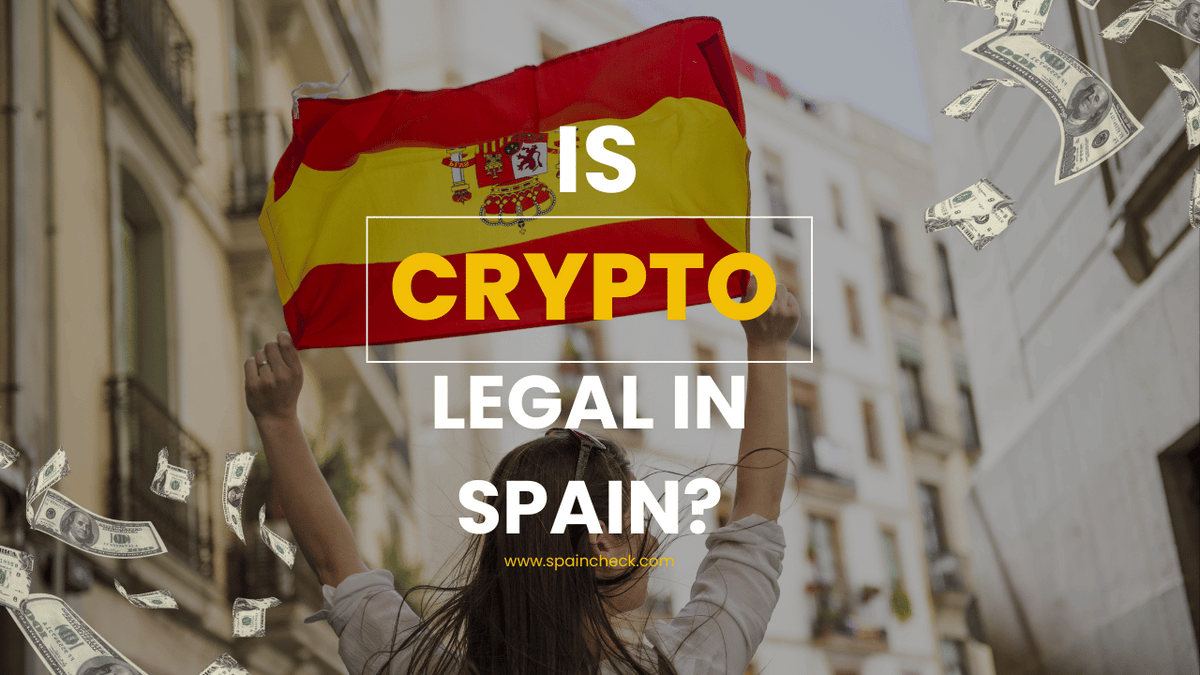
Is Crypto Legal in Spain?
|
|
Time to read: 2 min
|
|
Time to read: 2 min
I've been living in Spain for five years and trading and investing in cryptocurrencies for more than seven.
During this time I've noticed a growing interest in the questions:
"Is crypto legal in Spain?"
The short answer is YES, but there are important regulations to be aware of.
Here's what I've learned from my own research and experience:
Spain defines "virtual currencies" (cryptocurrencies) under Article 1.5 of Law 10/2010, which is primarily concerned with the prevention of money laundering and the financing of terrorism.
Cryptocurrencies are regarded as intangible assets, employed as a medium of exchange but not as legal tender.
In accordance with Article 24 of the Wealth Tax Law, crypto holdings are subject to taxation
It is incumbent upon investors to declare their crypto assets at the market value on 31 December each year.
Furthermore, the legislation mandates that individuals and entities holding or managing cryptocurrencies on behalf of others must disclose this information to the relevant tax authorities, effective as of 11 July 2021.
i: The taxation of cryptocurrencies in Spain is regulated by the Agencia Tributaria, which operates under the official portal https://sede.agenciatributaria.gob.es.
This is the Spanish tax agency responsible for managing the country's tax system, enforcing tax regulations and ensuring compliance with national tax obligations.
In Spain, cryptocurrencies are categorised as follows:
Fourthly, Anti-fraud measures are in place to protect against any illicit activity
The enactment of Law 11/2021 saw Spain implement more stringent regulations with the objective of preventing tax fraud involving cryptocurrencies.
The legislation mandates comprehensive reporting for both resident and non-resident individuals, thereby fostering transparency in cryptocurrency investments.
Is Spain Crypto-Friendly?
As someone who has been investing in Spain for some time, it is important to play by the rules.
Crypto assets are legal, but navigating reporting requirements can be complex, especially as regulations evolve to ensure transparency and prevent fraud. While Spain has made progress in recognising and regulating cryptocurrencies, compliance can feel overwhelming.
However, these measures protect investors and create a more crypto-friendly environment for those willing to work within the system. To simplify the process, it's wise to consult your Gestor (tax advisor) on the most user-friendly way to declare your crypto assets.
For 'HODL' investors like myself, understanding these rules is key to a smooth crypto journey.
